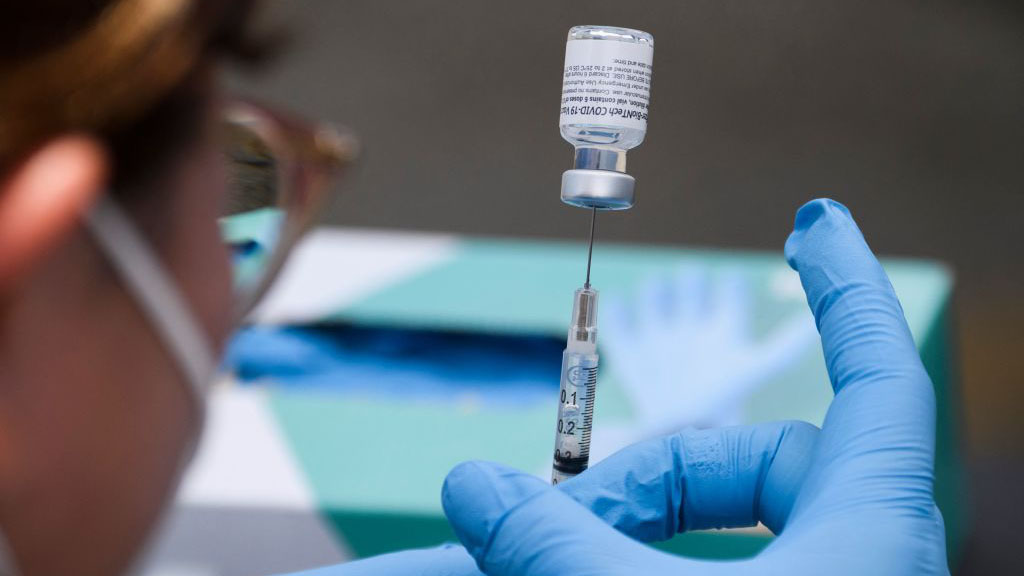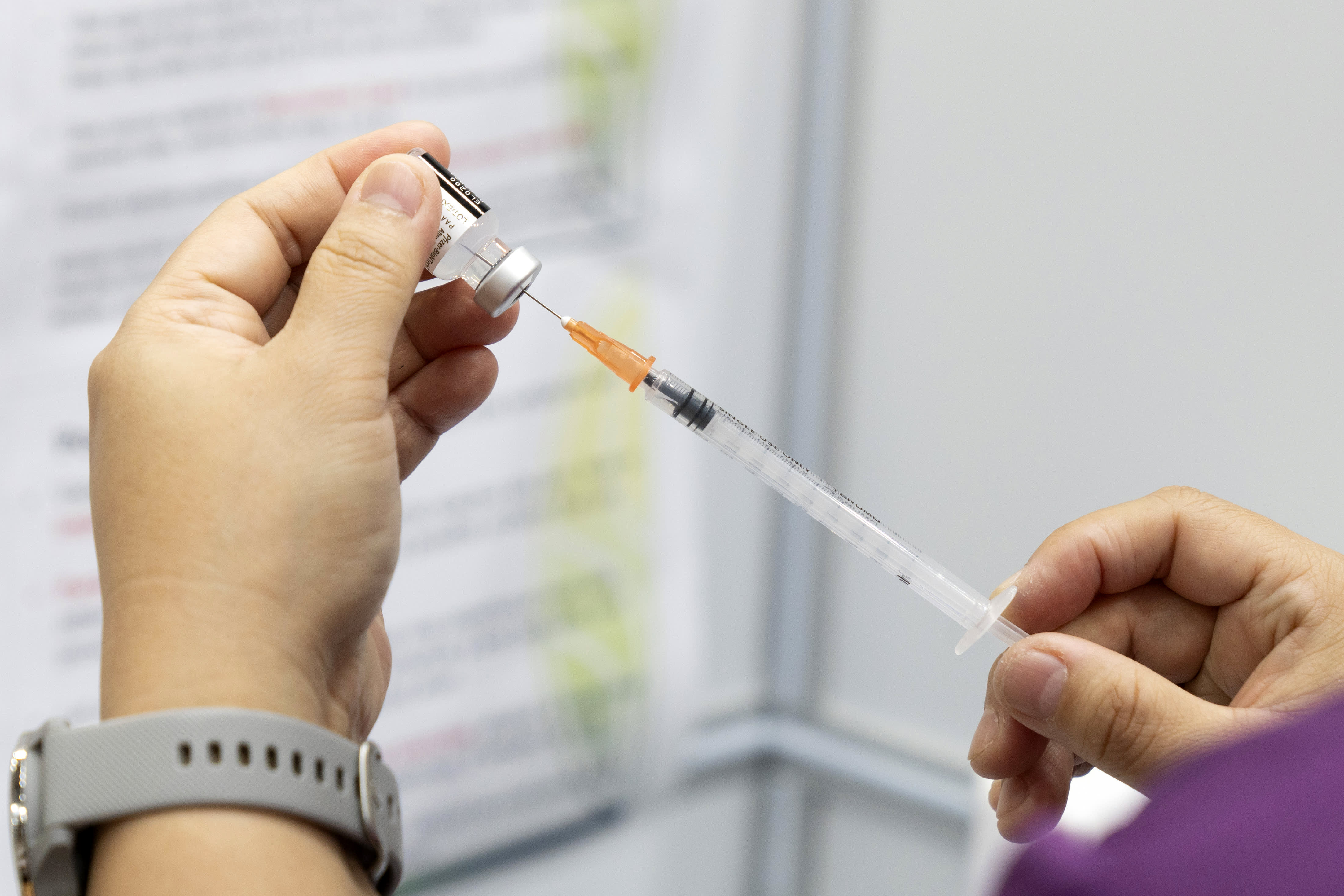You may already be considered fully vaccinated against COVID with the two-dose Pfizer or Moderna vaccine, but would you get a booster shot after eight months if federal health officials recommend it?
"I've done my two of them, so I think I'm going to stop right there," said Charlie Edmonds of Worcester.
Alice Segbefia, also of Worcester, said she would: "If it's recommended and it's going to make this pandemic go away faster, then yeah, I'm going to do it, you know?"
Get New England news, weather forecasts and entertainment stories to your inbox. Sign up for NECN newsletters.
It turns out doctors are somewhat divided, too.
"That's not the way to end the global pandemic," said Tufts Medical Center epidemiologist Dr. Shira Doron.
She said variants, and the trajectory of the pandemic, are by and large being driven by the unvaccinated. So that's where she believes our resources would be best put to use.
"Those millions and millions of doses that would otherwise be used for people who are already somewhat immune are way better used for people's first dose," Doron said.
But UMass Memorial Medical Center Medical Director Dr. Robert Klugman had a different view.
"The research is coming fast and furious and there's been good evidence now that a third shot does increase antibody levels," he said.
With breakthrough infections increasing with the now-dominant and more contagious delta variant, and knowing that immunity wanes over time, booster shots make sense as we head into the fall, Krugman said.
"It's a matter of a race of time versus the Delta variant," he said, "and further disease development in this country and the world."
Brigham and Women's Hospital's chief of infectious diseases, Dr. Daniel Kuritzkes, also supports booster shots: "I certainly hope that people are going to go and get boosted if they've already completed their vaccination series."
U.S. Health and Human Services Secretary Xavier Becerra, who was in the Merrimack Valley Tuesday encouraging people to get vaccinated, said the Biden administration will make decisions based on the science, and after careful consideration.
"When the FDA and the CDC dispense direction, it's because the science has dictated it," said Becerra. "And there will be nothing different here, so stay tuned."
The doctors we spoke to agreed that giving boosters to health care workers and people in nursing homes should be the first priority, before considering boosters for the general public.
Sources have said that, if booster shots are recommended, they could begin for health care workers who got the Pfizer or Moderna vaccines as soon as next month.
As for the Johnson & Johnson vaccine, which is currently just approved for one shot, Kuritzkes said a study on a second shot should be wrapping up any day now, and they hope to get data on that in the next several weeks.



